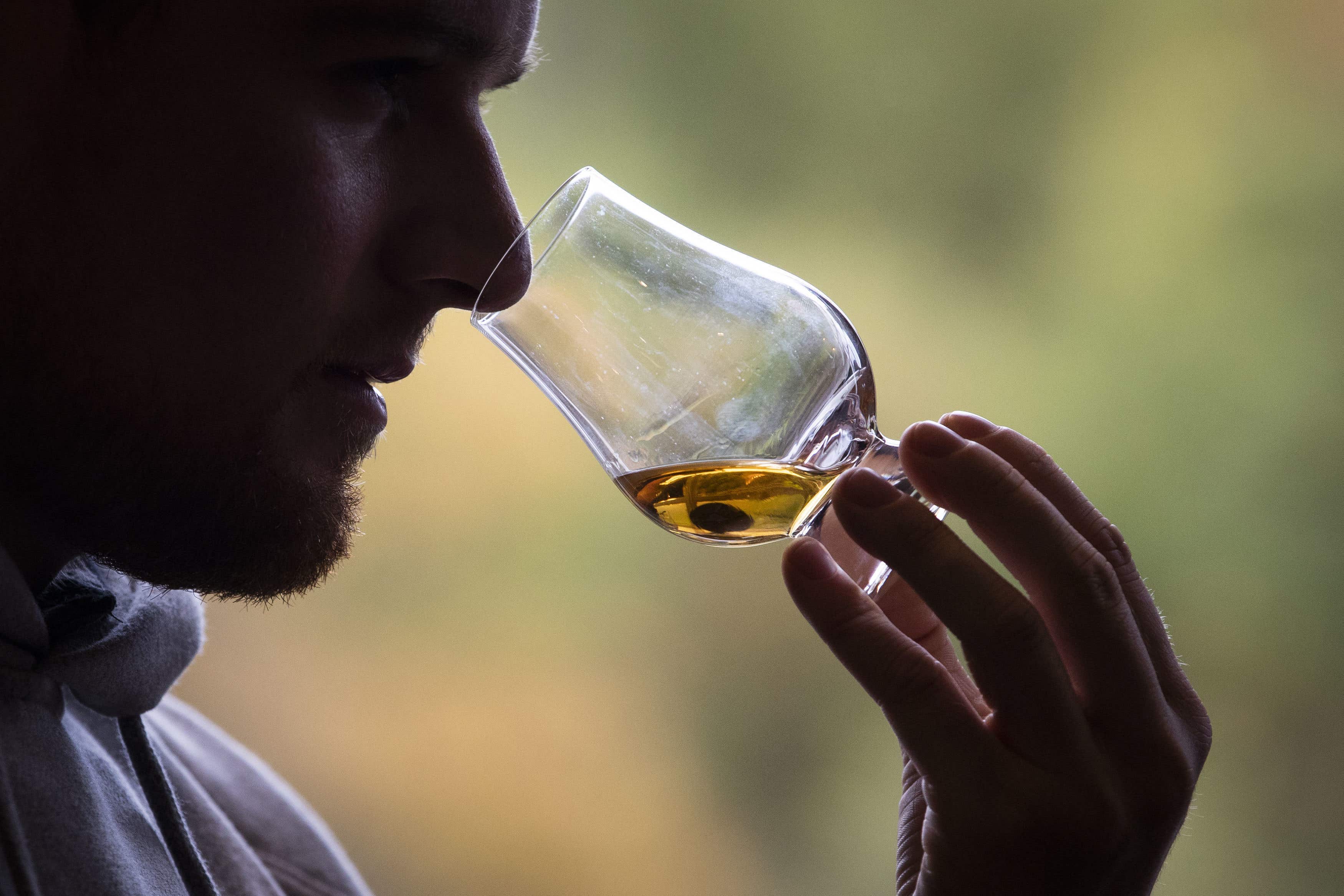Chancellor accused of delivering ‘historic blow’ to Scotch whisky industry
The Scotch Whisky Association said the rise in alcohol duty from Jeremy Hunt was the ‘largest tax increase for decades’ for the sector.

Chancellor Jeremy Hunt has been accused of delivering an “historic blow” to Scotland’s whisky industry as he increased alcohol duty.
In his Budget statement, the Chancellor confirmed duties on alcohol would “go up in line with inflation in the usual way” after the current freeze ends on August 1.
The Scottish Whisky Association (SWA) claimed the 10.1% increase in duty from that would be the “largest tax increase for decades” on the sector.
Mark Kent, SWA chief executive, added that whisky bosses had told the Chancellor that increasing alcohol duty would be “the wrong decision at the wrong time”, adding it was “deeply disappointing that one of Scotland’s largest and longest-standing industries has been treated in this way”.
The only exception to the hike in alcohol will be for drinks sold on draught in pubs, where from August the duty charged will be up to 11p lower than it is on products sold in supermarkets.
Mr Hunt said this was only possible now Britain was no longer part of the European Union, promising to maintain it as “part of a new Brexit pubs guarantee”.
However, the SWA said the rise in duty would mean taxes will account for 75% of the cost of an average-priced bottle of Scotch – saying for a bottle costing £15.22 that means £11.40 will go to the taxman, through duty and VAT.
The organisation had been calling on Mr Hunt to further extend the freeze in duty that had been announced by the UK Government in December.
After that was rejected by the Chancellor, SWA chief executive Mr Kent said: “This is an historic blow to the Scotch whisky industry.
“The largest tax increase for decades means that 75% of the average-priced bottle of Scotch whisky will be collected in tax, reducing already tight margins for an industry which employs tens of thousands of people and invests hundreds of millions annually across the UK.”
The “additional tax breaks” for drinks sold on draught will “further increase the competitive disadvantage faced by the industry”, he added, saying these would not be available to the “vast majority” of distilleries.
Mr Kent said: “Spirits account for more than a third of hospitality sales but the extension of ‘draught relief’ cuts out 99% of the spirits sector, alienating both producers and consumers who choose premium quality drinks.”
He added: “Scotch whisky has consistently delivered for the UK economy when given stability and certainty through duty freezes, enabling the industry to reinvest in job creation and growth across the country.
“The Chancellor has chosen to ignore the evidence and increase the pressure on hard-pressed businesses, including many in the hospitality sector.”
Liberal Democrat Scottish affairs spokesperson Christine Jardine, meanwhile, branded the tax hike as being “terrible news for one of Scotland’s most iconic products”.
Ms Jardine added that “distillers are being hung out to dry” by a Chancellor who is “whacking up tax”.
The Lib Dem MP added: “I know that the Conservatives are desperate for ways to fill the economic black hole that their policies have created but additional taxes on Scotland’s national drink will not help our economy to grow.”
Chief Secretary to the Treasury John Glen said he did “understand the concern” from the Scotch whisky industry.
He added: “Whatever you do, you won’t satisfy everyone. We recognise the strength of the Scottish whisky industry and the massive export strength it is to the economy.
“These are tough decisions that we make across a range of produce.”
Scotland Office minister Lord Offord added while he could “understand the Scotch whisky industry is upset with a 10% hike”, he said the sector had benefited from “nine out of the last 10 budgets being a freeze”.





